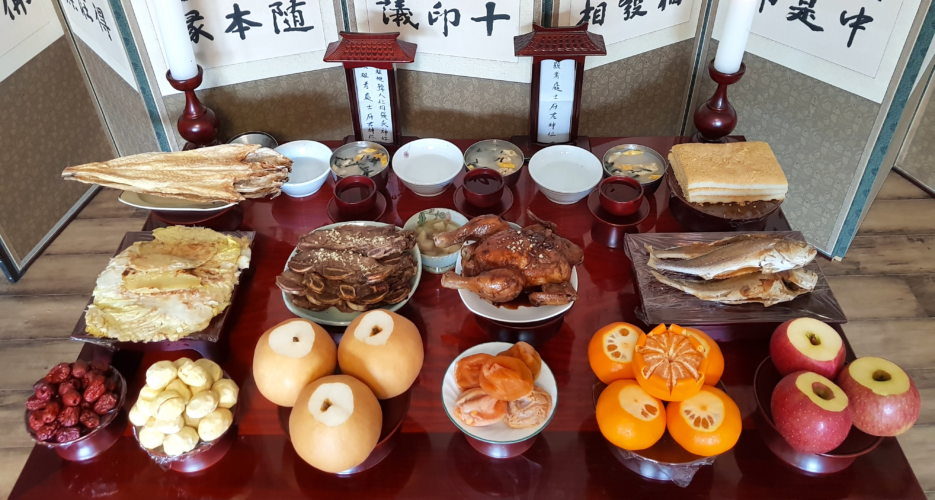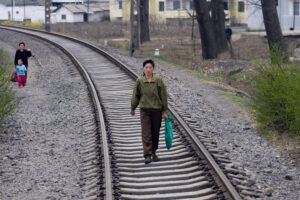Communist regimes did not have much sympathy toward religion, which according to Marx is nothing else but “opium” for the people. However, most communist leaders grudgingly tolerated the existence of religious institutions and associated beliefs, if for no other reason than pragmatism.
But North Korea is unique in this regard. From the mid-1950s through the 1980s, it successfully suppressed all religious activity inside the country. The major targets of their campaigns were established churches -- Christian and Buddhist places of worship.
Communist regimes did not have much sympathy toward religion, which according to Marx is nothing else but “opium” for the people. However, most communist leaders grudgingly tolerated the existence of religious institutions and associated beliefs, if for no other reason than pragmatism.
But North Korea is unique in this regard. From the mid-1950s through the 1980s, it successfully suppressed all religious activity inside the country. The major targets of their campaigns were established churches -- Christian and Buddhist places of worship.
Become a member for less than $4 per week.
Unlimited access to all of NK News: reporting, investigations, analysis
The NK News Daily Update, an email newsletter to keep you in the loop
Searchable archive of all content, photo galleries, special columns
Contact NK News reporters with tips or requests for reporting
Get unlimited access to all NK News content, including original reporting, investigations, and analyses by our team of DPRK experts.
Subscribe now
All major cards accepted. No commitments – you can cancel any time.










